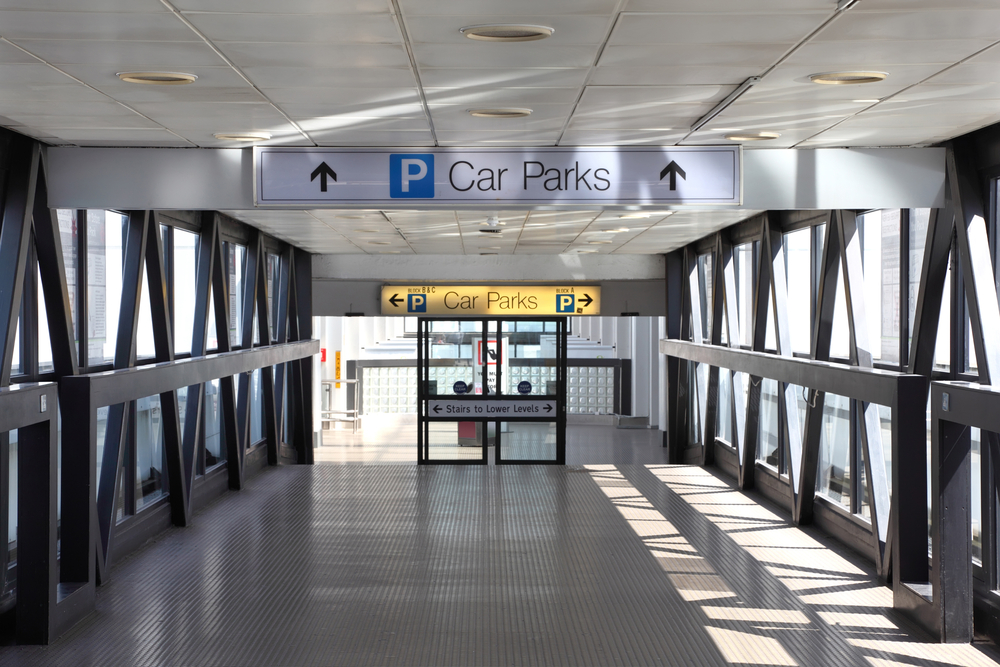Investing
Investing in car parks: a good vehicle for income seekers?

As the search for income continues, many investors are turning to alternatives, with car parks becoming increasingly popular.
If you could find an investment guaranteeing 8% and based on ‘hard’ assets would you be interested?
With interest rates relentlessly hovering around zero, you probably would, but you might not immediately think of car parks as the place to look.
A growing number of disillusioned savers are choosing to put ‘non-traditional’ investments into their Self-Invested Personal Pension (SIPPs) and car park spaces are among the more left-field examples.
The rationale behind the idea is that as the number of cars increases – motor organisations say there will be 39 million more vehicles on British roads alone by 2030 – demand for parking will soar. However, as there is only a finite amount of space in urban areas for car parks, demand is expected to handsomely outstrip supply.
Investors can take advantage of this trend by purchasing an individual parking space and leasing it out to a tenant for a period of time. Often this tenant is a management company which then sub-leases it to customers on an annual basis.
Car park spaces can typically be purchased with a minimum investment of £25,000 for a six year lease and most offer a guaranteed rental yield of 8% for the first two years.
These investments are being pitched as a low entry level way of investing in commercial property and are marketed as ‘tax efficient’ and ‘purchasable through SIPPs’.
Like any property investment, selecting the right location for your space is crucial. Places where demand for parking is at a premium because of weather conditions have proved popular in the past. For example, hot Dubai or rainy Manchester.
Property investment company, Platinum Knight, says investors can earn on average 9% per year by investing in a car park project in Dubai. It promises returns paid direct every six months which rise in each of the first five years.
Intelligent Investment offers parking spaces in central Manchester and, according to its website, guarantees a minimum rental return of 8%, which is projected to increase to 12% from year 5.
With eye-catching rates, investing in parking spaces may seem appealing but those interested should proceed with caution.
Importantly, while promoters of car park spaces claim they are ‘SIPP-approved’, investors shouldn’t automatically assume their SIPP provider will accept them.
Car park spaces may be eligible to be held within a SIPP under HMRC rules – as long as they are used for commercial purposes only – but providers can chose to reject them for a number of reasons.
AJ Bell, one of the major players in the UK SIPP provider space, says it has received a few enquiries regarding these schemes but has chosen not to permit them.
Technical resources manager, Gareth James, says: “In the examples we’ve seen the leases offered upon investment have been fairly short term and within that term there has been an even shorter period during which income is guaranteed.
“We’ve also not been satisfied that the investments are sufficiently liquid in the event that the SIPP has to sell them, or that the investment can easily be valued on an ongoing basis.”
Dentons, another SIPP provider, would also not permit them.
Director of technical services, Martin Tilley, says: “These are unregulated investments so you should treat marketing literature as being fake until it can be verified independently it is accurate.”
Taking a trip to Dubai to make sure the parking space actually exists, for example, would be way beyond most investors.
Tilley continues: “I’d also be concerned about what happens after the guaranteed income period runs out as well as the administrative costs.”
By contrast, provider James Hay would in principle accept them, although the firm has yet to do so.
Head of technical support, Neil MacGillivray, says: “Car park spaces are like any piece of land so should be SIPP-able.”
Problems arise if the space is near the investor’s own home because if it were used for non-commercial use, it would be taxable within a SIPP.
MacGillivray adds: “We would consider it as long as it were in a commercial car park. But it would be on a case by case basis.”
Des O’Hara of alternative investment advisory firm, Everett James, has recommended car parks to his clients in the past. He calls them a “reasonably safe” way of diversifying and spreading out risk in a portfolio.
When it comes to consent from SIPPs, he has had mixed experiences.
“They [providers] are constantly changing what they will and will not accept. There doesn’t appear much uniformity; one provider may accept a product this week that they never last week whilst another SIPP may now refuse that very same product.
“Challenging I guess would be the best description but we simply manage that process. If a client has a broad, diverse spread we must ensure their particular SIPP provider accepts every product or it’s back to the drawing board really.”